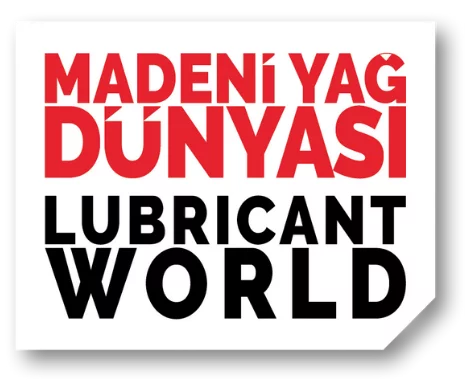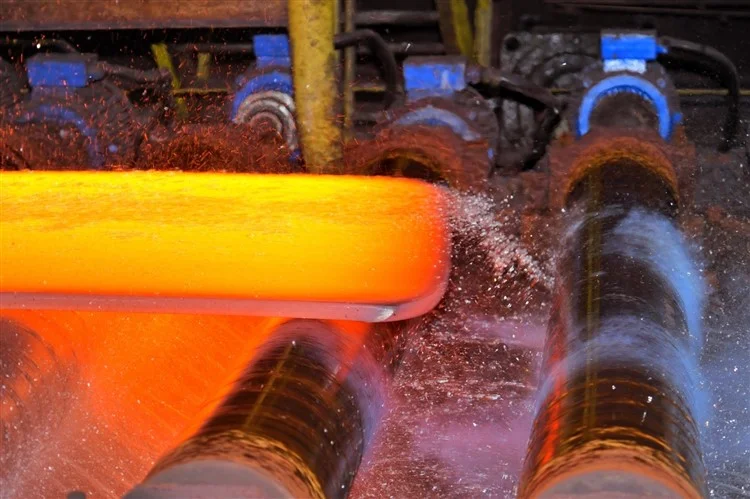Efsun Acar
Chemical Engineer
Production Coordinator
Vario Engineering and Production Technologies Inc.
Establishing an iron and steel factory require very high investment value due to the size of their equipment and long production lines. Such investments must pay off as promptly as possible. To achieve this, low operating-maintenance costs and reliable operation without unplanned downtime are required. Any unplanned event can result in significant revenue losses. In addition, each component of the steelmaking process must produce higher quantities of steel annually while maintaining the quality level and meeting stricter environmental standards.
Lubrication is of paramount importance to help the steel industry achieve its goals. Considering that 36 percent of bearing damage is caused by incomplete, incorrect and improper lubrication as per the SKF data, there is a need for a wide variety of lubrication solutions designed to meet the extreme requirements of the industry. To make the iron and steel producers achieve their annual production targets, lubrication should be designed properly to protect the components subject to high temperatures, high loads and continuous vibration and against contamination with water, steam, acid, etc. For long equipment life or increased operating time with reduced oil consumption, mutual engineering work must be carried out.
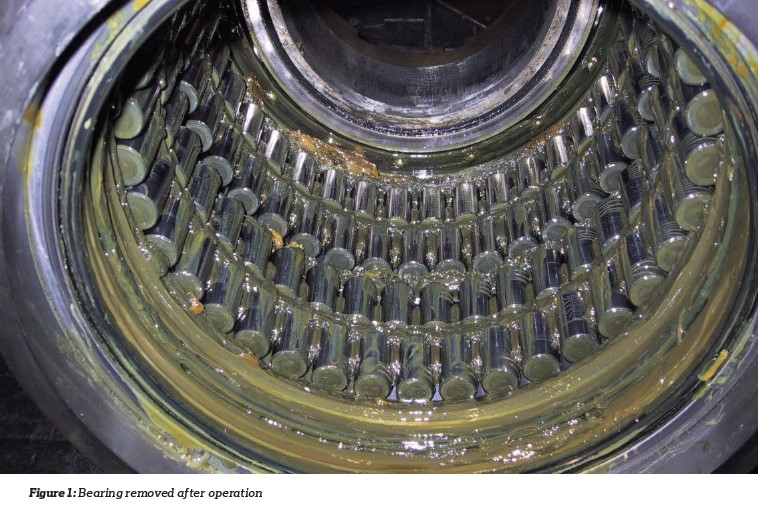
Although most applications in the iron and steel industry push lubricants to their limits, a different lubrication property is expected from the lubricant at each step of the process. Calcium sulfonate complex greases have a chemical structure that responds to almost each of these challenges, regardless of the stage of the steelmaking process.
Calcium sulfonate complex greases have an excellent technology for grease applications with heat, water, high or shock loads. It provides outstanding rust and corrosion protection, high load carrying capacity, high dropping point and very good mechanical stability even in the presence of water. Unlike other grease types, these performance characteristics are achieved without the use of any additional raw materials.
Calcium sulfonate complex-based greases are successfully used in iron and steel factories, marine and paper mills, off-road, construction and mining equipment and even in the food processing industry.
Experimental studies
Over-based calcium sulfonates contain large amounts of amorphous calcium carbonate dispersed in the sulfonate matrix. In the presence of suitable chemicals such as acids and alcohols with high boiling point and after the gelation process in the appropriate temperature range, the conversion of amorphous calcium carbonate to crystalline calcite occurs. Since the particle size of the dispersed calcite phase is in the nanoscale range (4-5 nm), it forms a stable gel structure that is strong enough to provide an extremely high surface area and a grease-like consistency.
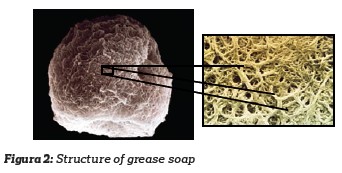
Here it is important that an appropriate reactor should be used and pressure should be 50 psi on average. At this point, the grease still contains water due to the reaction and must be dehydrated to produce lubricating grease. This is commonly referred to as calcium sulfonate gel or calcium sulfonate grease. During this process, over-based calcium sulfonates typically need to be prepared by reacting the appropriate acids in the presence of calcium oxide and carbon dioxide by stoichiometric calculations in a closed and pressurized (50 psi) reactor.
After the conversion in the chemistry of calcium sulphonate greases, complexity occurs by the addition of calcium oxide or (usually) hydroxide, followed by reaction with boric acid/acetic acid and 12-hydroxystearic acid.

The following technical specification has been prepared using the field experiences and interviews with experts in the sector.

With calcium sulphonate greases, high amount of calcium oxide or the entire hydroxide should not be raised to amorphous calcium carbonate in order to improve the production technology. Time and pressure are very important at this stage. As a result of our laboratory studies, FTIR and some performance values change according to time and pressure.
Laboratory analyzes
The products obtained through R&D studies have been tested within the scope of the relevant ASTM standard. Penetration, water resistance, rolling resistance, rust test, load resistance and wear diameter analyzes were conducted for the product.
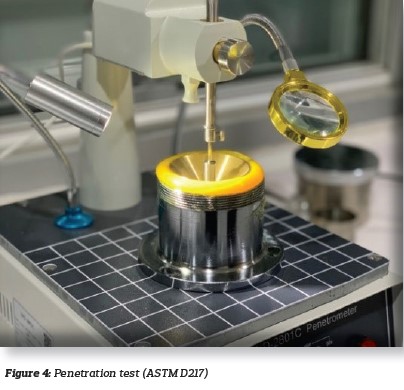
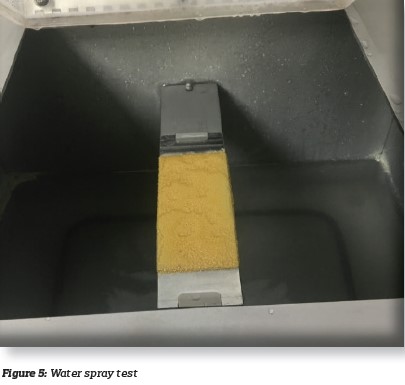
The final product analyzes obtained as a result of the studies are as follows:
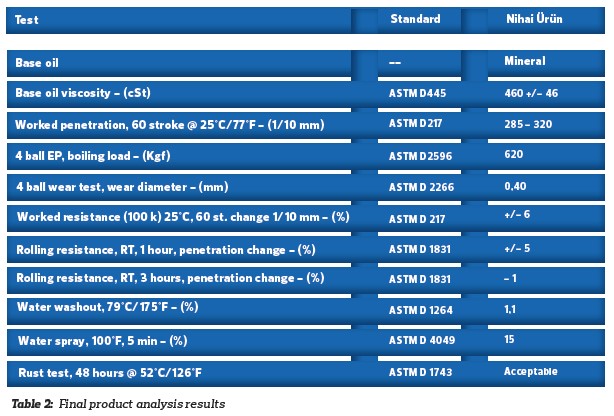
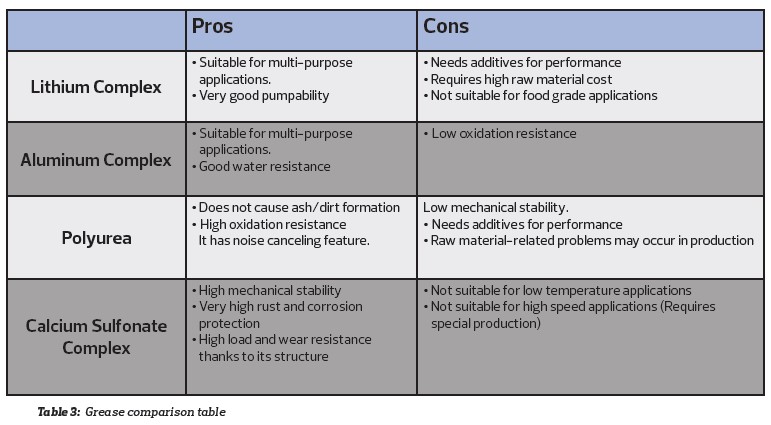
Table 3 shows that calcium sulphonate complex greases are more favorable for harsh operating conditions of the iron and steel industry.
Calcium sulphonate complex-based greases often appear to be problem solvers in heavy-duty applications. They show superior performance compared to other grease types with their very good mechanical stability, rust and corrosion protection, inherent pressure resistance and wear resistance features.
